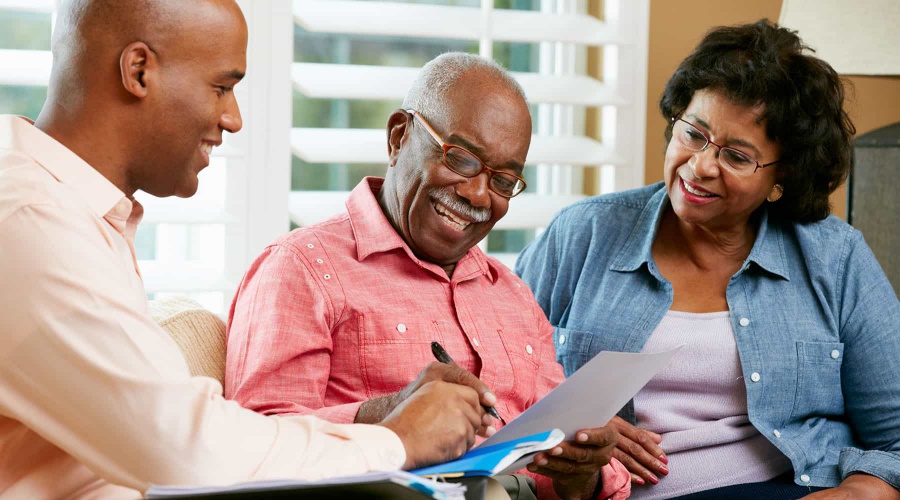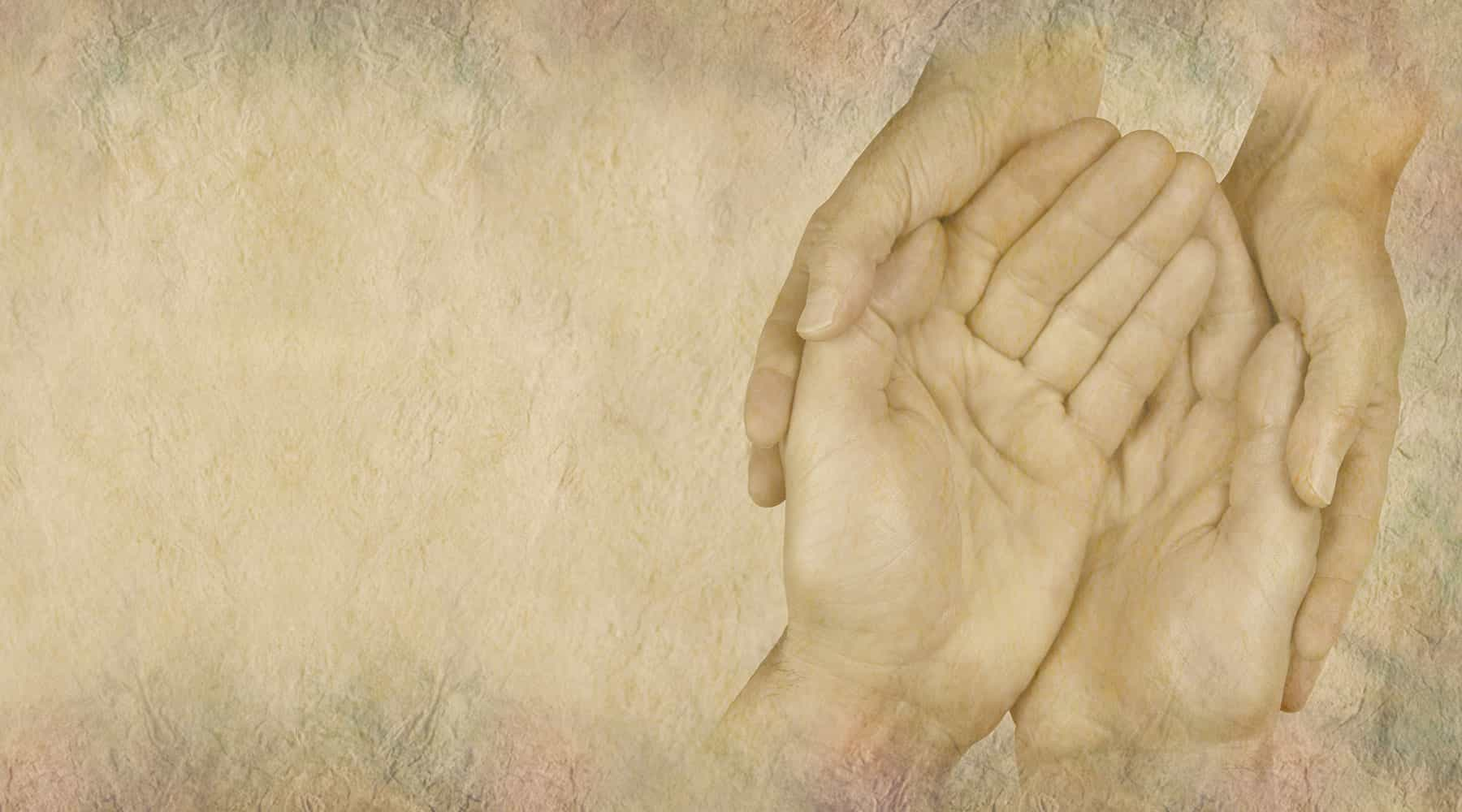Although many people put off death planning, procrastination can be catastrophic. If you want your final wishes to be respected, you must plan what will happen in the event of your death, which is an inevitable part of life.
The Power of Planning for Death and Organizing Your Estate
It isn't always the most happy topic, but planning for your death is just as essential as planning for other event in your life. If you have young children, then it is absolutely essential you make certain that your will appoints a guardian for them if you die before they turn 18.
Many make the mistake of assuming that tragic situations and freak accidents won't befall them, but the statistics indicate that people from all demographics die every day. Even celebrities who are worth hundreds of millions of dollars have been guilty of neglecting their estate planning—and then dying before they had a chance to attend to their affairs. However, it is also common for people of more modest means to put off death planning.
Evidence of this reticence to plan is everywhere. Those who use social media will often see crowdsourcing for funeral expenses and the like, because dying unprepared often means that your family will be left with a huge tab. If tragedy happens to strike you personally, then you don't want them to be saddled with crazy expenses that could have been avoided if you had only paid some mind to your death planning. In the era of the internet, there is no reason why you shouldn't have everything in order when you die.
Obviously, it would be best to go to a legal expert for assistance with wills and other estate planning issues. However, if funds are a factor right now, then you may even want to take advantage of an online resource that allows you to put together a basic will in the meantime. With such a resource, you'll at least be able to create something that will function in the case of an emergency.
Communicate Wishes to Your Family
When you put together your will, you'll want to talk to the people who may be involved in executing it. Again, if you have young children, make sure that everyone understands the chain of custody in the event of your death. This will mitigate the chances of lengthy custody battles after your demise.
Also, putting together a living will is absolutely essential. This document outlines your preferences regarding what should happen if you are in a coma or otherwise unable to make healthcare decisions for yourself. Many people never let their loved ones know whether or not they'd want extraordinary means to be used to keep them alive under all circumstances. Some people have expressed interest in being organ donors—and even put this on their driver's license—but have their wishes thwarted when relatives aren't made aware of the preference ahead of time. This is a case in which a bit of communication can truly go a long way. These conversations may be considered "morbid" by some, but they are absolutely necessary. Also, making these decisions ahead of time alleviates the added stress that your family will feel when faced with difficult choices.
You Do Have an Estate
Many people make the egregious error of assuming that estate planning is only for the very wealthy; nothing could be further from the truth. Your estate is comprised of a multitude of factors, including everything from your life insurance policy to your jewelry. When you put together an estate plan, you give your family the best opportunity to avoid certain pitfalls, including tax issues that may be resolved ahead of time. When you want to give your loved ones the gift of peace during a very difficult time, consulting with a legal expert and putting together a comprehensive strategy is the best way to demonstrate your love.
State Laws
If you happen to own any kind of property in another state, for instance, you may find that different rules and regulations apply. Sorting out the details of your properties ahead of time is crucial, because it will allow you to examine your position and see how heirs can benefit most.
Trusts
Within the past few decades, many people have started to realize the benefits of trusts. However, not all trusts were made equal. There are revocable and non-revocable trusts, and only a seasoned legal expert can help guide you towards which one is right for you.
Charity
Many people have causes that they support during their lifetimes, so it makes sense that they'd want to donate to charity after death. In order to maximize your charitable giving and make it work for your estate, you'll want to consult with an attorney who can shepherd you through the process.
Are You Unmarried?
These days, it's not uncommon for couples to stay together for many years without getting married. However, the law does not recognize these relationships in most cases. If you want to make sure that your partner inherits certain pieces of your estate, then you'll need to put it in writing. If you have children, you'll want to discuss this with them ahead of time so they are aware of your ultimate wishes. Although it may seem difficult for you to imagine now, ambiguity about the relationship—and your death planning—can lead to unsavory situations such as contested wills and property battles. You should do everything in your power to ward off such situations ahead of time.
Planning for Fido
For many people, pets are family, too. In fact, many of us have pets that we'd like to support after our deaths. By deciding who will get custody of your pet ahead of time—and how much money will be allocated for their caretaker—you will keeping them safe and sound even after your own demise. Although your dog may not be inheriting the $12 million that Leona Helmsley's dog did, you can still set up a system for them to be cared for after your death. Again, you should communicate with the person you've designated as the pet's caregiver in case of death.






